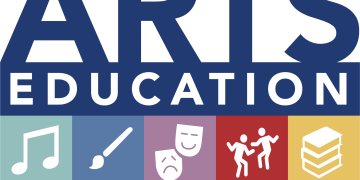For the last 20 years, the Arts Education Data Project (AEDP), affiliated with the Quadrant Foundation, has collaborated with state education departments, state arts councils, and foundation partners to answer some of the most pressing questions facing arts access across the Nation. Our methods and activities are helping to transform arts education – leading to not only increased participation for students in arts education, but also a life-long love and appreciation for the creative arts. Using evidence-based practices, AEDP transforms arts education through three key areas:
* Publicly reporting data on arts education in public schools.
* Empowering policymakers and policy influencers with information.
* Increasing student participation in arts education across the country.


Nearly 4,000,000 students lack access to music in schools. We believe that arts education should be fundamental, not optional. Our goal is to provide the research necessary to ensure that every child has access to arts instruction as an integral part of their basic education. To achieve this goal, we must first identify the gaps in arts education and empower policymakers and policy influencers to develop solutions that will lead to a more equitable educational experience for students nationwide.
Our work with 35 states represents more than 75% of the total student population in the United States. Our impact is demonstrated in our state partner’s success. For example, New Jersey was one of the first states to employ our approach – leading to a 25% increase in arts education participation in 12 years, allowing an additional 250,000 students to participate in school arts programs each year. In California, our AEDP has not only led to increased student participation but has helped inform state policies and was used to support the passage of Proposition 28, which directs $1 billion annually to support public school arts education. These are just two examples of how our work has informed national conversations about the importance of arts education, using data to drive meaningful change.






























